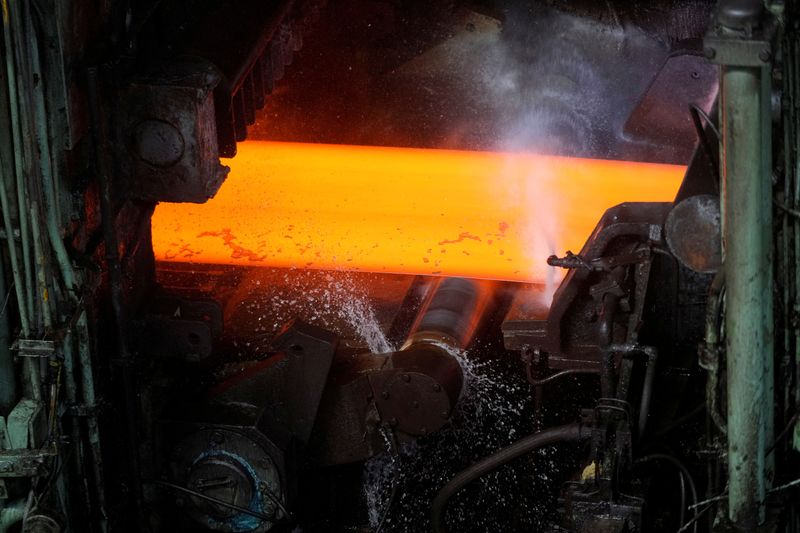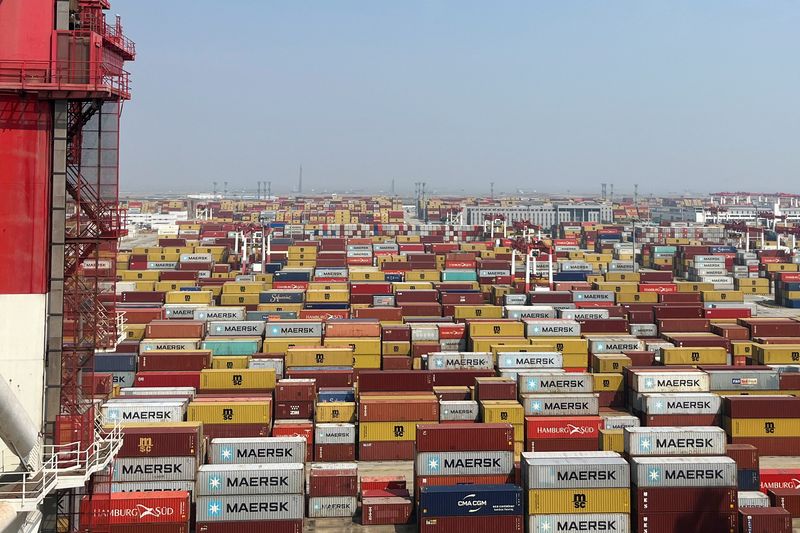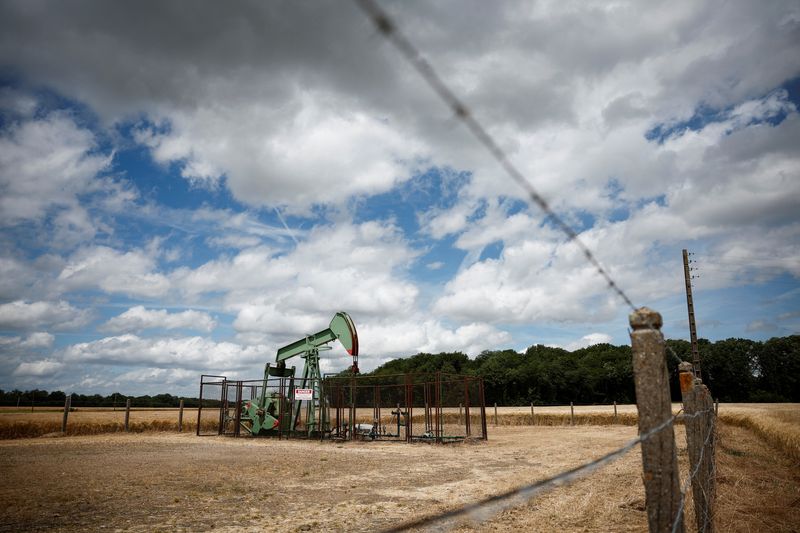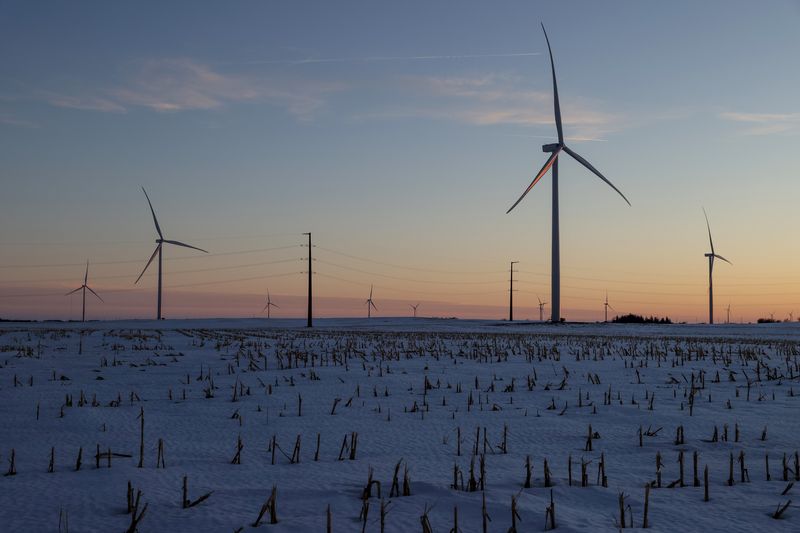
By Amy Lv and Tony Munroe
BEIJING/SINGAPORE (Reuters) – China’s steel industry, already struggling with overcapacity and weak domestic demand, faces an indirect hit if U.S. President-elect Donald Trump pursues 60% tariffs on Chinese goods such as manufactured items made from the alloy.
The world’s largest steel producer and exporter has so far in 2024 shipped more than last year’s 90.26 million metric tons, worth $85 billion, fueling trade friction with countries ranging from Indonesia and Turkey to the U.S.
While less than 1% of China’s direct steel exports are shipped to the United States, its steelmakers are heavily exposed to potential tariffs on goods such as containers, vehicles, engineering machinery, home appliances and elevators.
“Heightened tariffs imposed by the U.S. will exert a more significant influence on manufacturing goods, which are categorised as indirect steel exports,” said Jiang Mengtian, an analyst at consultancy Horizon Insights.
China’s indirect steel exports are roughly equivalent in volume to its direct exports, which combined are on track to hit 222 million tons this year, accounting for a quarter of China’s overall steel demand, said Galaxy Futures analyst Qi Chunyi.
If Trump lifts tariffs to 60% or more, as much as 12.78 million tons of indirect steel exports will be at risk, threatening demand for the battered steel industry, Qi said.
The export value of Chinese steel products such as ships and floating structures slid more than 50% between 2019 and 2022 after Trump introduced tariffs on some products in 2018 during his first administration, said Qi.
“Changes in overseas steel exports and finished manufacturing exports may have a great impact on steel demand,” Qi added in a note this week.
Chinese trade data on Thursday showed overall October exports rising the fastest in two years as factories rushed to ship product ahead of tariffs expected both from a Trump administration and the European Union.
Direct steel exports in October hit a nine-year high at 11.18 million tons, but data on indirect exports will not be published until later this month.

High Chinese steel exports have helped to offset dwindling local demand, which has been dragged down by a property sector slump and a slowdown in infrastructure building.
Apparent steel consumption in the first nine months of 2024 fell 6.2% to 688 million tons, the China Iron and Steel Association said.
This post is originally published on INVESTING.






